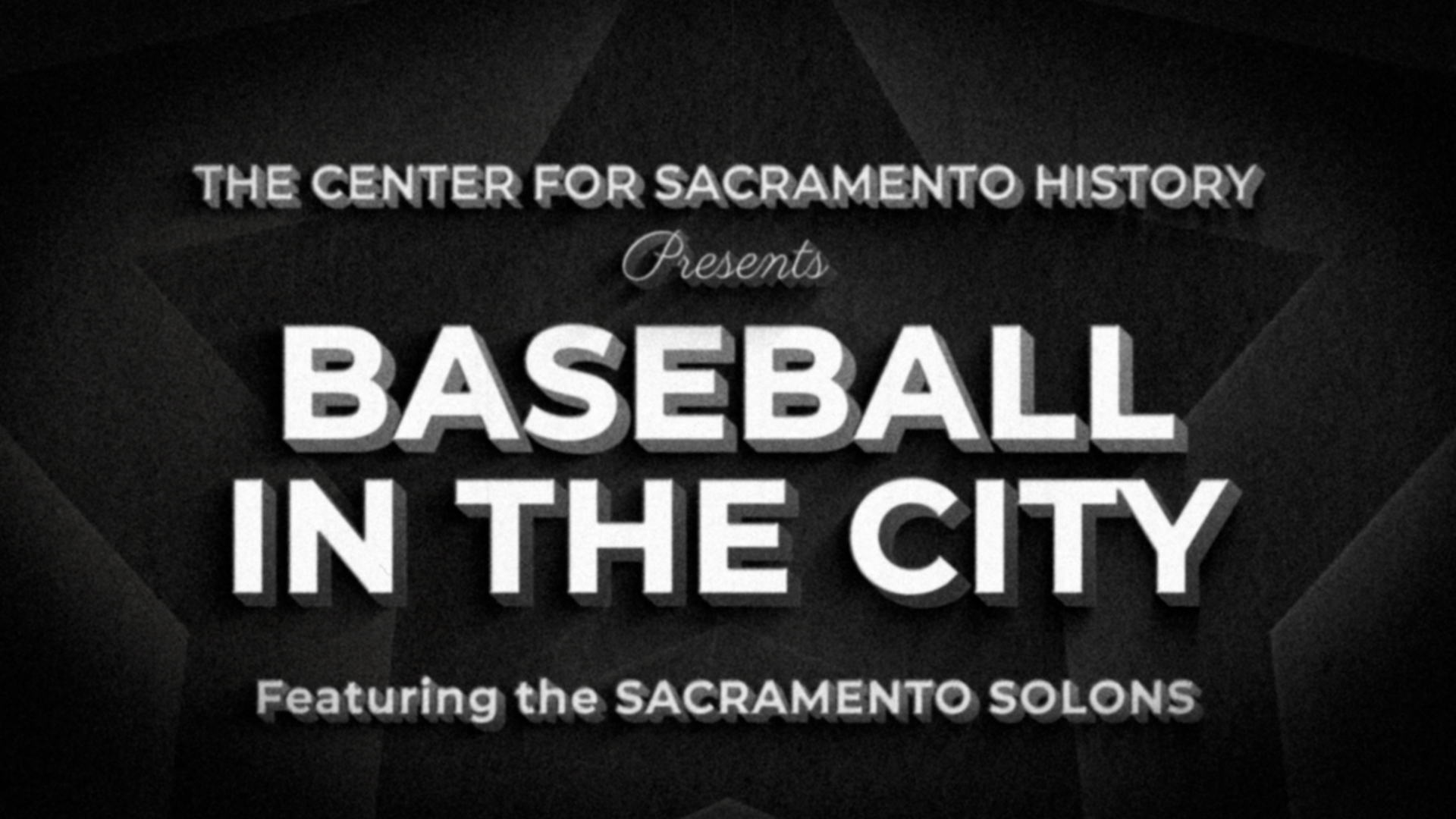Luther Burbank vs. Woodland
This is one of many high school football programs from the 1940s to 1960s in our collection that have similarly illustrated covers. These generic covers were produced by professional artists and distributed to schools around the country by companies like Coca-Cola in exchange for ad space within the programs. The illustrators left blank spaces for local game-specific information to be added later. In this game, the Luther Burbank Titans narrowly beat the Woodland High School Wolves 13-12.
Football Program, 1963
Ephemera Collection, MS0098, 1980/163/109




